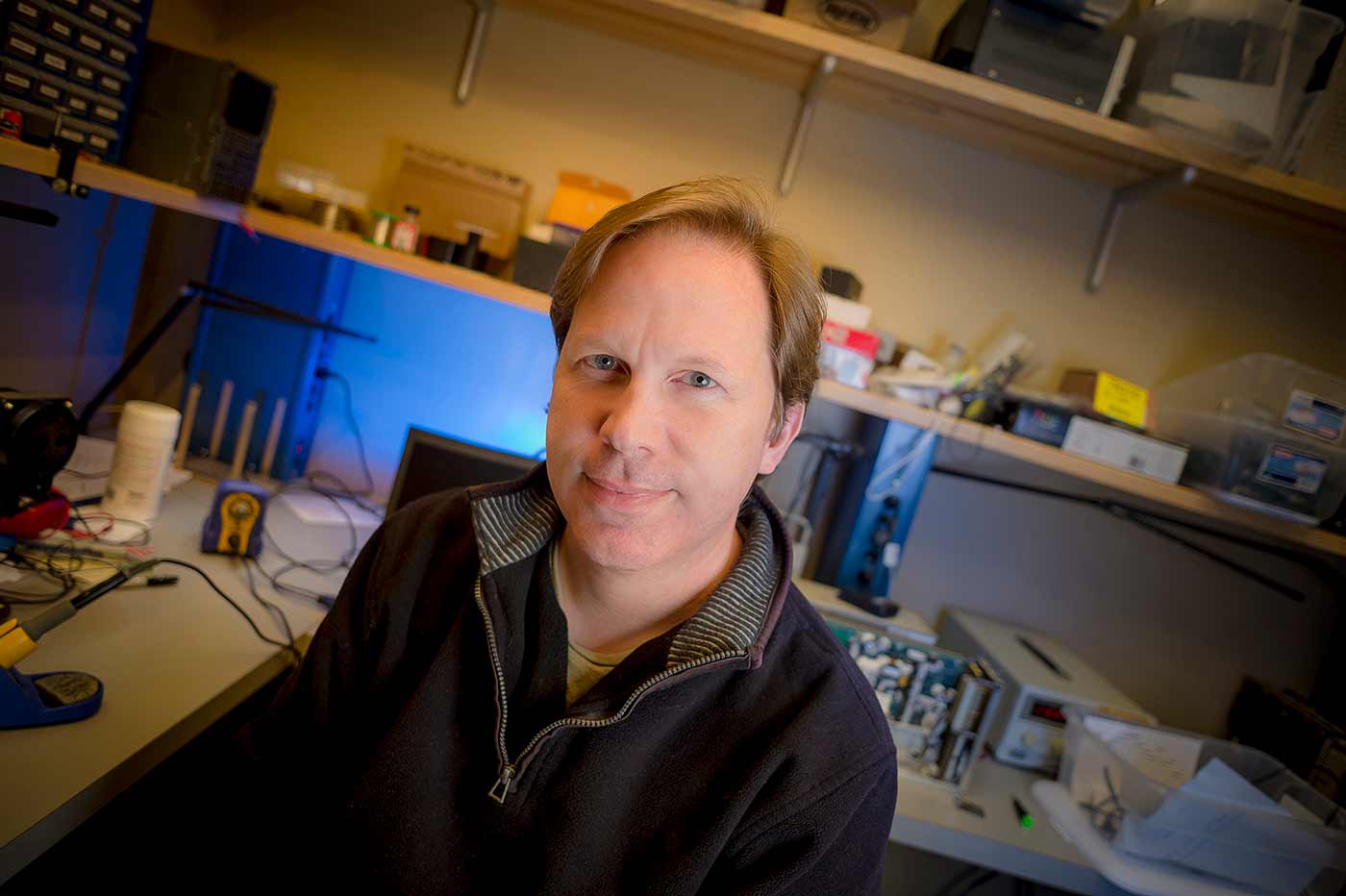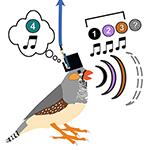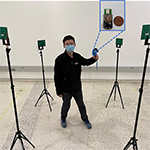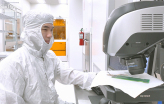San Diego Supercomputer Center Takes a Lead in Fighting Fires Proactively
According to scientists, a century of suppressing wildfires has created a dangerous stockpile of flammable vegetation on landscapes. This “fire fuel” has fed the megafires that put human life and property at risk and permanently destroy ecosystems.

















